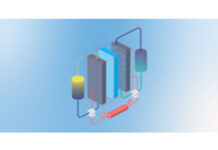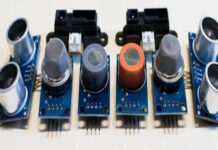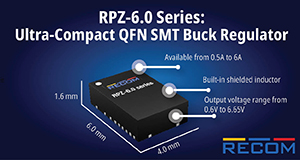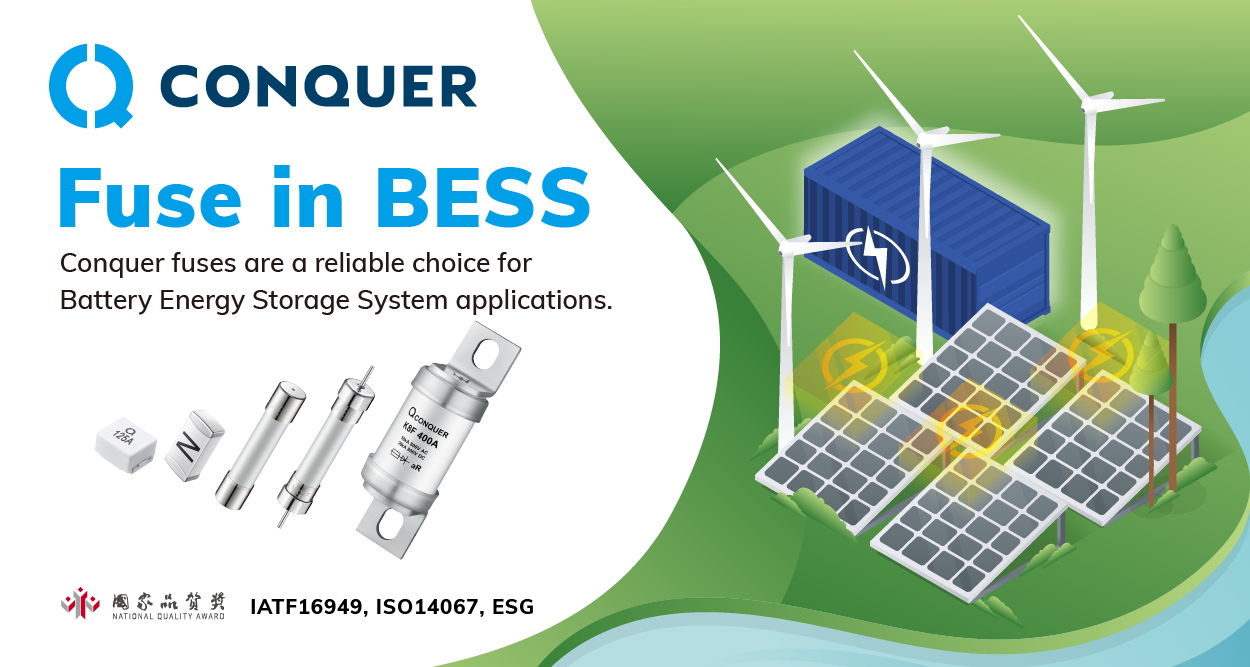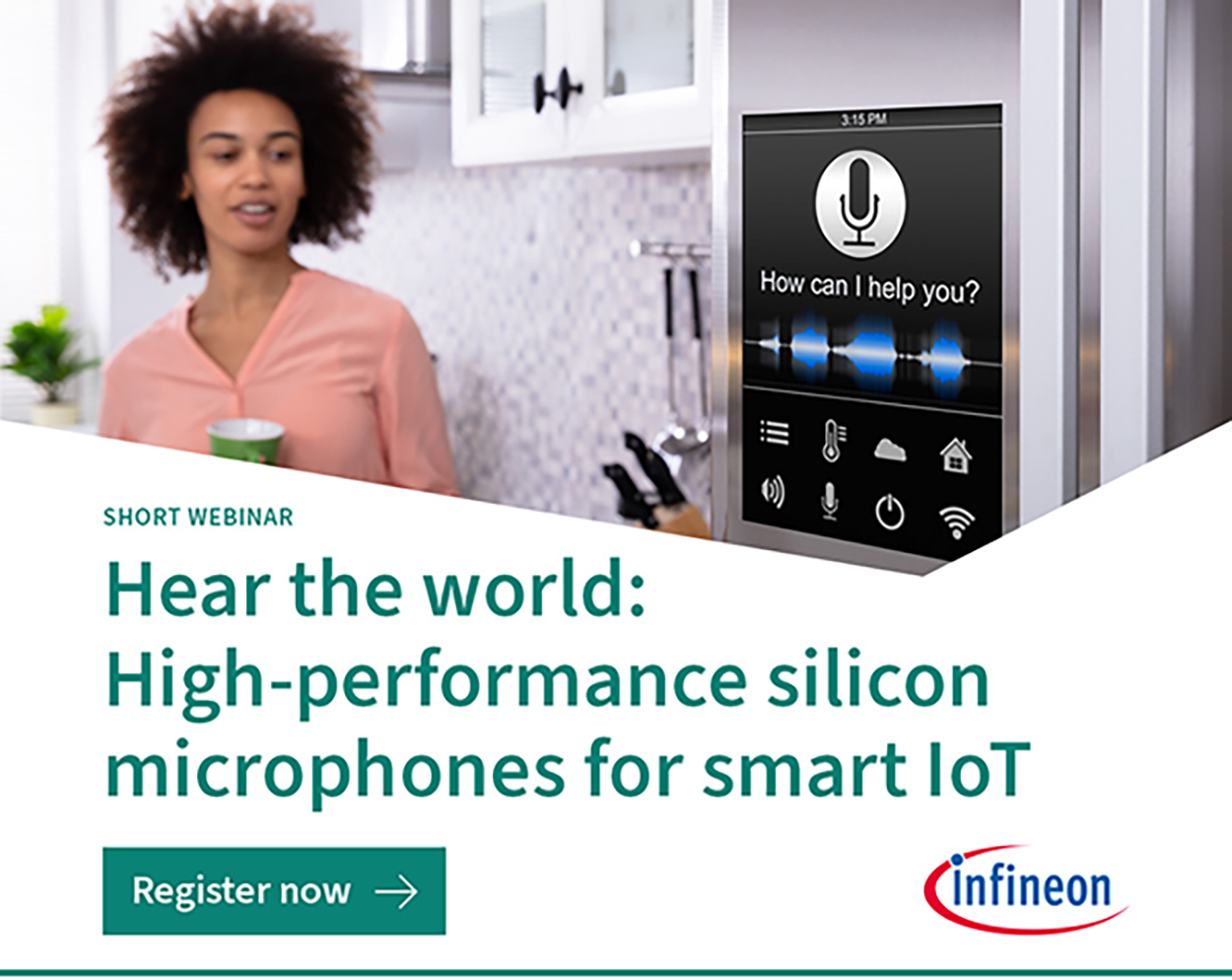The healthcare automation market witnessed substantial growth in recent years, and the trend is expected to continue with remarkable momentum. In 2022, the market was valued at USD 34.50 billion, and it is projected to reach USD 80.28 billion by 2032, with a CAGR of 9.3%. This significant expansion is indicative of the increasing adoption of automation technologies in the healthcare sector worldwide.
Healthcare Automation Highlights
Healthcare automation, propelled by innovations like robotic surgery and data-driven personalized care, is revolutionizing cancer treatment and patient management. By leveraging advanced technologies, healthcare systems can quickly detect health issues, create personalized treatment plans, and monitor patients remotely through wearable devices and telehealth. Automation streamlines administrative tasks, allowing doctors to focus more on patient care. Establishing advanced data ecosystems is crucial, requiring a sustained commitment to data strategy and integration.
Government initiatives support healthcare automation, aiming to enhance efficiency and patient care. Recent advancements include Lee Health’s use of Caregility’s platform for remote patient monitoring, Houston Methodist Cypress Hospital’s plan to implement a 5G network for enhanced connectivity, and Hackensack Meridian Health’s adoption of Chromebooks for remote work support. As the healthcare sector faces economic challenges, affordability remains a top concern, underscoring the importance of leveraging technology to improve outcomes and streamline processes.
Robotic Surgery Stats are Breathing Life into a New Era of Healthcare Transformation
Robotic surgery is revolutionizing healthcare by combining innovative technology with human care, offering minimally invasive surgeries and reducing recovery times. This integration between surgeons and machines has led to profound impacts on patient outcomes, making medical interventions more practical and compassionate. The technology not only enhances surgical precision but also enables remote surgeries, particularly beneficial for providing specialized care to remote areas or in emergencies. With advanced imaging and sensing technologies, surgeons have real-time, high-resolution visuals of the surgical site, leading to better decision-making and successful outcomes. The National Cancer Institute estimates that 18.1 million individuals in the U.S. have successfully battled cancer, with a significant portion being aged 65 or older.

For the 623,405 people living with metastatic cancers, robotic surgery offers reassurance, promising improved outcomes and a path to recovery. Recent breakthroughs include over 11 million robotic surgeries performed worldwide with the Vinci Robot Institution surgery, more than 300 robotic surgeries conducted by Dr. Kyle Vincent in 2022, and around 15,000 robotic surgeries performed by CMR Surgical Systems with their Versius Surgical System by the end of September 2023. The surge in the global robotic surgery market is driven by technological advancements, a shift towards minimally invasive procedures, increased surgical capabilities, and growing demand for innovative healthcare solutions, indicating a promising future for robotic surgery.
In developed economies like North America and Europe, healthcare automation is flourishing, with extensive integration across administrative processes, electronic health records (EHRs), and cutting-edge clinical technologies. These regions are at the forefront of implementing advanced solutions such as robotic surgery and telemedicine.
Healthcare Automation Revolutionizing North America, Europe, and Beyond
Emerging markets are also embracing healthcare automation, driven by a growing recognition of technology’s potential to enhance healthcare delivery. In regions like Asia-Pacific, telehealth services and the digitization of healthcare records are on the rise. Developing areas are using automation to tackle infrastructure challenges and improve access to medical services.
Recent Developments
- In 2022, Becton, Dickinson, and Company, a major player in the medical technology industry, announced the acquisition of Parata Systems for over $51.5 billion. Parata Systems specializes in pharmacy automation products, including inventory management software, high-speed robotic dispensers, workflow tools, and adherence packaging.
- In 2021, Siemens Healthineers AG made a significant acquisition by acquiring Varian Medical Systems, Inc. This German medical device company aimed to expand its access to Varian’s extensive portfolio, strengthening its position in the dynamic MedTech sector.
- Also in 2021, Philips completed an acquisition deal with Capsule Technologies, Inc., a provider of medical device integration and data technologies for hospitals and healthcare organizations. This demonstrates Philips’ dedication to advancing healthcare by integrating innovative technologies to enhance patient care and data management.





